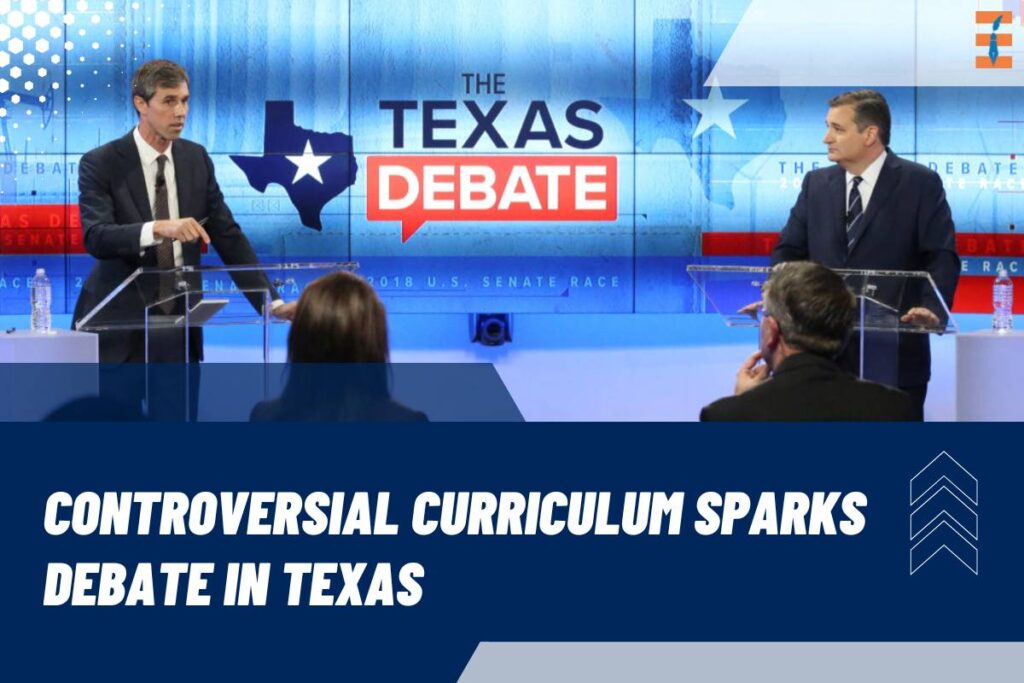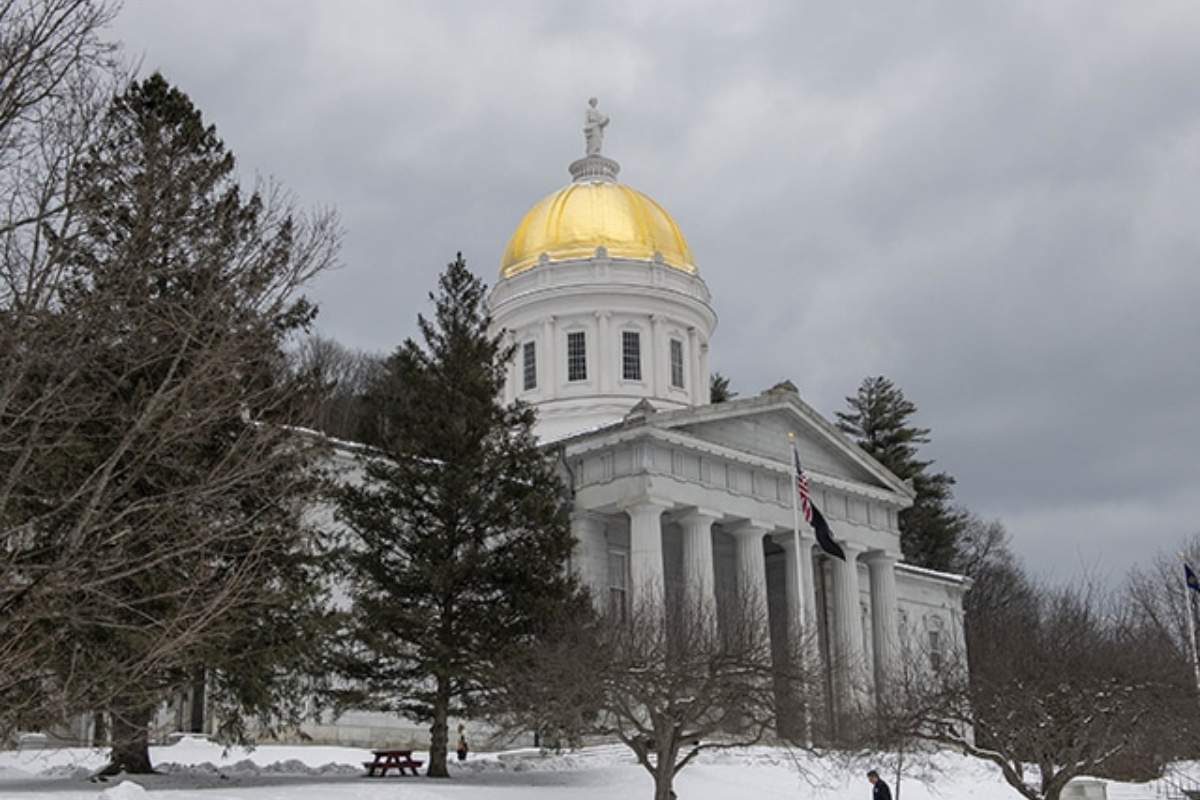Source-PBS
Members of the public expressed significant concerns to the Texas State Board of Education (SBOE) on Thursday regarding a proposed elementary school curriculum that incorporates religious references. Critics argue that the curriculum is overly complex, biased toward Christianity, and falls short of classical education standards. This public hearing took place a month after the Texas Education Agency (TEA) introduced the curriculum and invited public feedback.
An initial examination by The Texas Tribune revealed that the proposed textbooks prominently feature religious references, with the Bible being the primary source. For instance, the curriculum includes lessons on Leonardo Da Vinci’s “The Last Supper” alongside passages from the Gospel of Matthew, which discusses Jesus’ crucifixion and atonement for human sin. Other examples include the parable of the good Samaritan in a social studies unit and the teaching of “do unto others as you would have them do unto you” in a kindergarten unit about fairy tales and folktales.
TEA Commissioner Mike Morath defended the curriculum, emphasizing that it is based on extensive cognitive science research and is designed to improve students’ reading and math scores. The Texas State Board of Education is set to decide on the approval of the curriculum in November, with school districts having the option to adopt it. An incentive of up to $60 per student will be offered to districts that implement the curriculum, providing much-needed financial relief amid budget deficits and inflation.
Divided Opinions Among Officials and Public
The proposed curriculum has garnered mixed reactions. Top Republican officials have praised it, while some school district leaders, parents, and education advocates have voiced their concerns. During Thursday’s hearing, many people expressed their dissatisfaction with the materials. Critics argued that the inclusion of complex biblical stories, such as the Parable of the Prodigal Son, might be too challenging for young students to grasp.
Robert Norris, founder of Grandparents for Public Schools, criticized the curriculum for its heavy focus on Christianity, fearing it could lead students to view it as the superior religion. “This could easily lead students to believe that this religion … is the best and most important one in the world,” Norris stated. “That kind of messaging does not belong in our public schools.”
Others, like attorney Chris Byrd, questioned TEA Commissioner Morath’s motivations, suggesting he was imposing his personal beliefs on the curriculum. Lynn Davenport, a parent from Richardson ISD, accused Morath of pandering to the religious right.
Supporters Advocate for Academic Rigor
Despite the criticisms, there were voices in support of the curriculum. Jonathan Covey, director of policy for Texas Values, a nonprofit dedicated to faith, family, and freedom, urged the Texas State Board of Education to ensure the materials do not promote any particular viewpoint while advocating for the curriculum’s academic rigor. “We think it’s important having the Bible and Bible characters in the curriculum as part of a well-rounded understanding of America’s founding,” Covey said.
Texas State Board of Education members sought clarification from speakers on various points during the hearing. Aicha Davis, a Democrat representing SBOE’s District 13, expressed skepticism, noting the absence of research supporting claims that the curriculum would enhance student outcomes.
As the Texas State Board of Education deliberates on the curriculum, the debate highlights the broader issue of balancing religious content with educational standards in public schools. The final decision in November will determine whether the curriculum will be implemented and whether school districts will embrace the incentives offered.
Also Read: Texas Unveils Bible-Infused Elementary School Curriculum Amid Controversy










